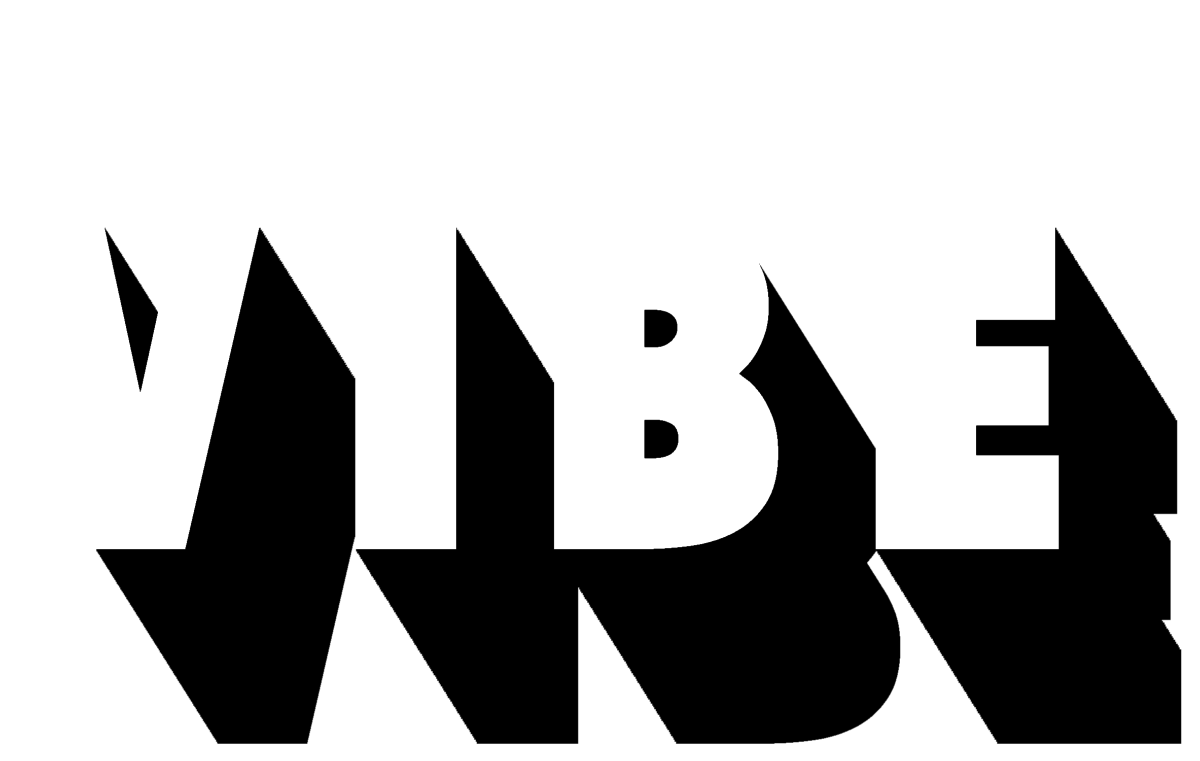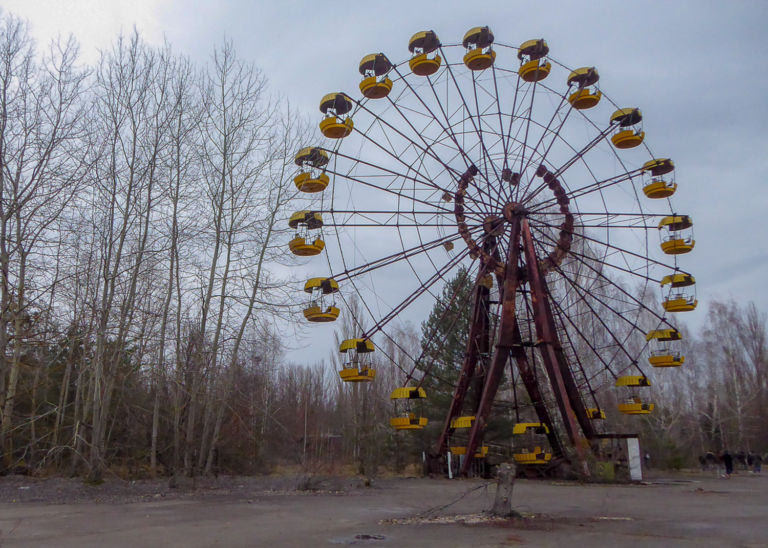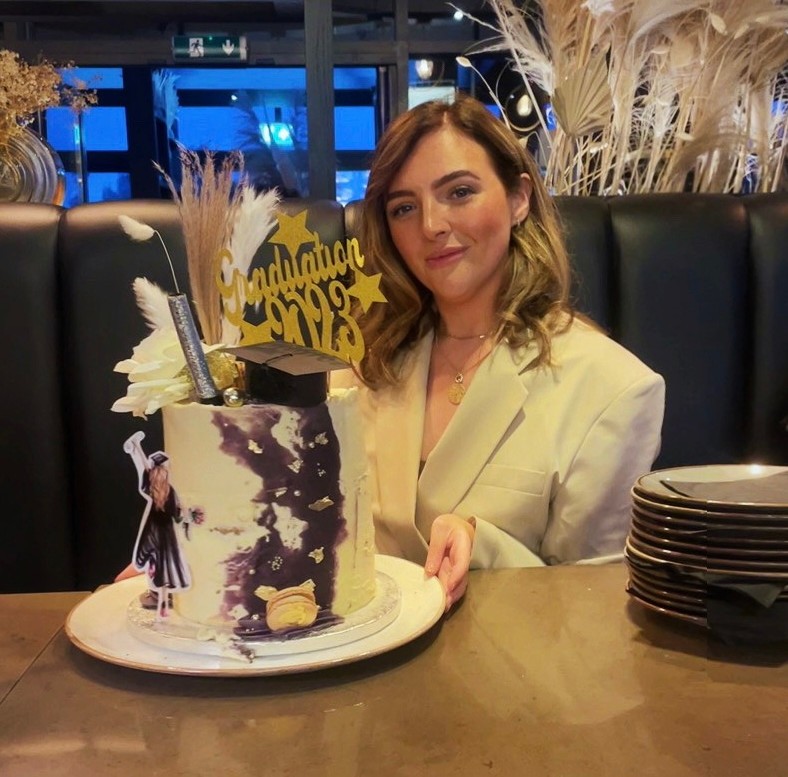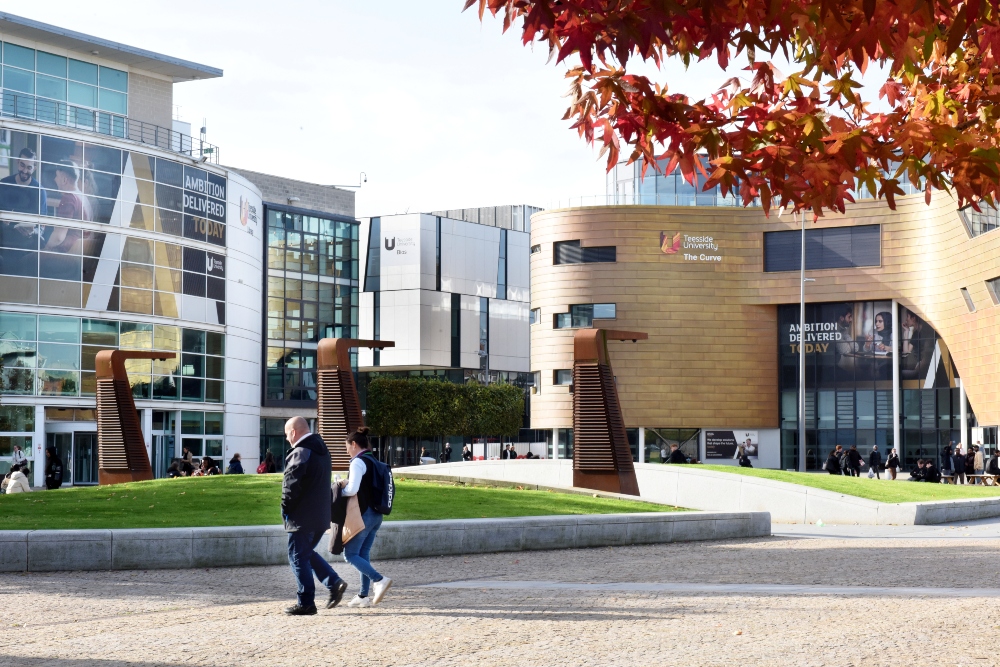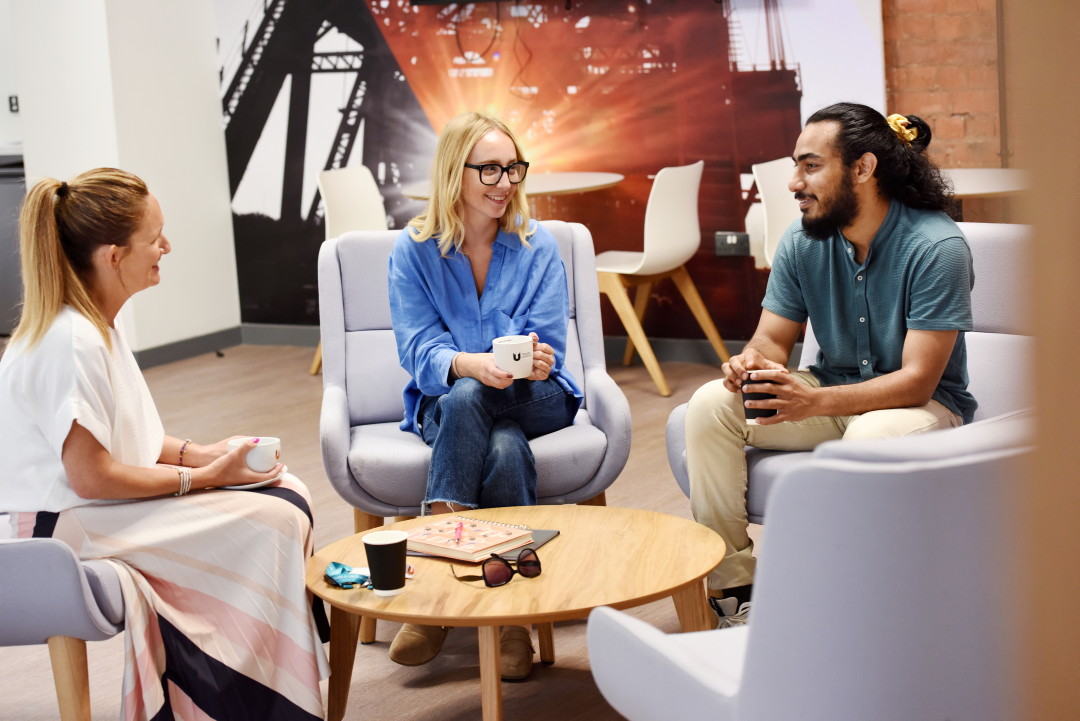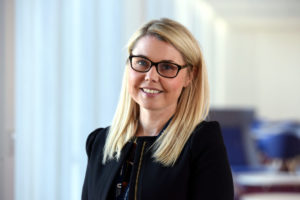
Hello, my name is Bev Boden. I’m an acting associate dean at Teesside University International Business School and an aviation academic, and I confess to being a dark tourist! I am currently working towards completing a DBA at Teesside, through which I’m exploring the impact working at Auschwitz-Birkenau Memorial and Museum has on its guides.
I first got into dark tourism when I watched the horror film: Chernobyl Diaries. I realised that sites associated with death and disaster appealed to the masses. Not wanting to miss out on experiencing something different, I travelled to Chernobyl in 2015 and encountered a dark tourist experience – I was hooked! I realised I had always liked learning about the seemingly macabre, watching many Netflix documentaries (including Dahmer), and that dark tourism was a global phenomenon; I wasn’t alone.
This interest led me to the Auschwitz-Birkenau Memorial and Museum to explore research opportunities, and answer the question: why do people travel to places associated with death, disaster and suffering? When we think of tourism, we often think of relaxing by a pool, spending a day at the beach, or going on an excursion. 1.2million people visit Auschwitz every year, so there is something to be said about the appeal of dark tourism?
My interest aside, there is an opportunity to learn about the number of people engaging in this form of tourism. I have had the honour and privilege to work alongside the tour guides at Auschwitz in Poland. I have examined their roles and the impact working at such a place has on them. I interviewed several guides, all of whom grasped the extent of their role and the importance in educating tourists about the past. It is a difficult concept to grasp; why would anyone want to be here without the guides? Would the museum have the ‘appeal’ it currently has? Probably not!
Having spent 14 days in the field, I learned that the museum is a place for reflection and hope. In a world with many political and economical challenges, museum tour guides provide insight and an opportunity to learn about the past in order to shape the future.
I’m hoping to submit my thesis in May 2025. Through this, I will have created a support guide for tour guides working tirelessly in the field for others. This guide will be a framework, something I can give back to guides who dedicate their lives to educating others in such a moving way.
I continue to explore dark tourism sites. It almost feels strange stating Auschwitz is my favourite. It doesn’t seem quite right, but it is. It has changed my lens on the world and inspired me to do more good. I have visited many dark sites, all of which affected my research and touched me based on the preserved artefacts, and the museum’s impact on people and place. I recently visited the Exorcist Steps in Washington DC, the Arlington Memorial and Museum also in DC, the 9/11 Memorial and Museum, and the York Dungeon – all dark sites that educate uniquely.
My research benefits students as it shines a light on sustainable tourism, tourist behaviour and the preservation of historic effects to educate future generations. Although dark tourism is not a new concept, it is emerging into a new academic discourse, giving students the opportunity to understand how museums and the people that work in them enhance the tourist experience.
It has also encouraged many students to embark on a dark jaunt to places they would have perhaps never considered before, like Pompeii, Rome and even the London Dungeon.
